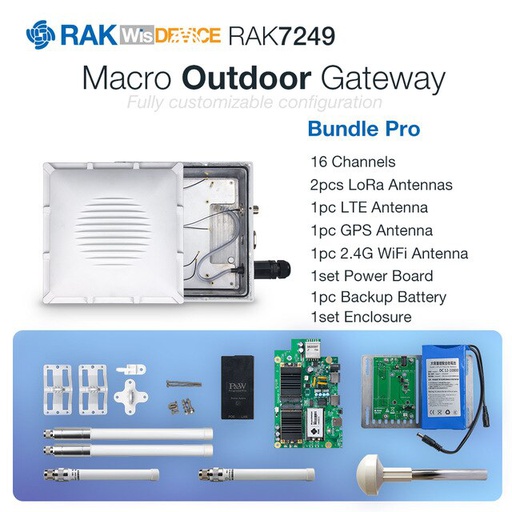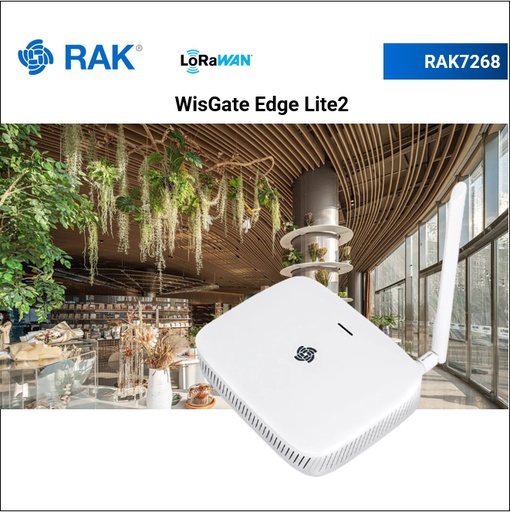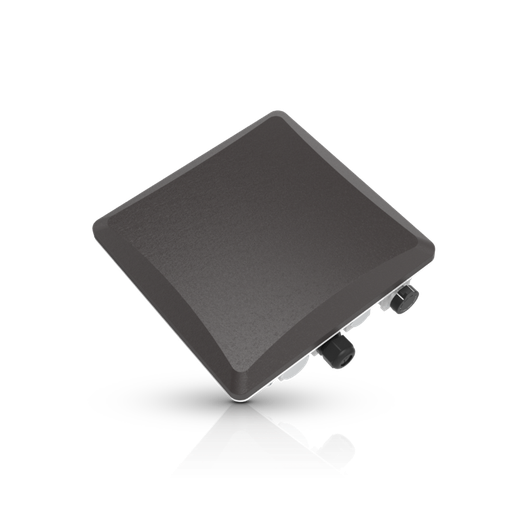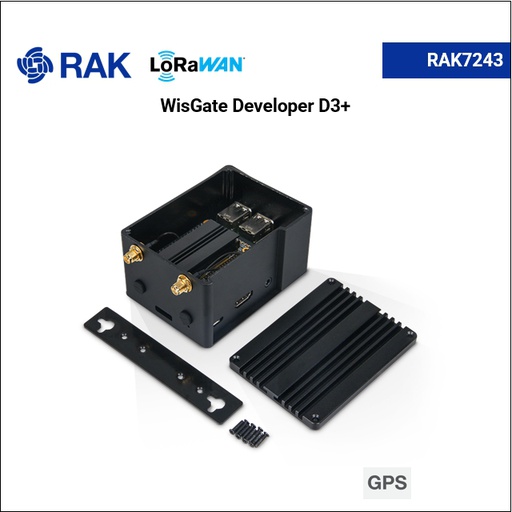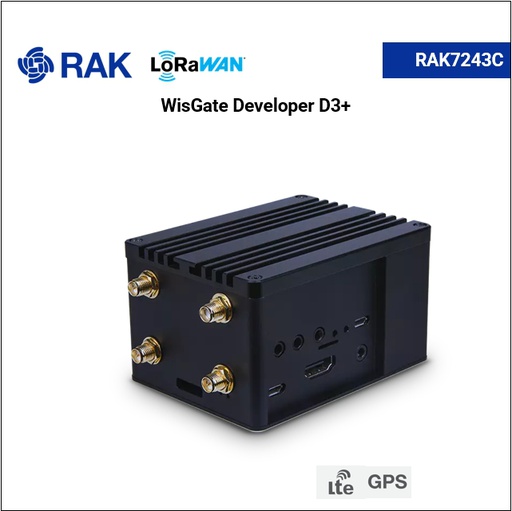BERLIN, Germany - In accordance with its vision of being the "de facto standard for LPWA networks" and the "de facto LPWAN standard for IoT," the LoRa Alliance, the world's fastest growing non-profit technology organization, announced to prioritize 75% of the IoT market to low-power wide-area (LPWA) network solutions as compared to a small amount of 25% to high-bandwidth low-latency 5G applications.
Donna Moore, chief executive and chairwoman of the LoRa Alliance, said that the organization identified an increasing demand for low-power, lightweight connections in rural areas and over water. On the other hand, only a small sum of a quarter of the market needs connectivity for emergency services, car connections, videos and entertainment, hence the 25% allocation for 5G with low latency, yet high bandwidth.
The organization further justified their support by recently publishing a sponsored paper with ABI research that showed the clear advantages of LoRaWAN over other connectivity solutions such as NB-IoT. The LoRa Alliance claims that they see a foreseeable future with a 60% growth in LoRaWan network operators in 2018 in 140 countries. And the numbers surprisingly still do not include those private LoRaWan networks which make up 50% of LoRaWAN networks.
ABI Research also predicted that most LPWA network connections will be on LoRa through 2024. Meanwhile, HIS Market cited that the size of LoRa connections will double that of NB-IoT and ten times more than Sigfox.
This growth is no wonder the reason behind LoRaWAN being the largest developer ecosystem. Over the past year, LoRaWAN deployments have become massive in creating smart cities, automation, developing internet connections, improving agriculture and asset tracking - of which smart metering claims the greatest boost by having 1.34 billion meters sought to be installed by 2023. Moore adds that the market is limitless in terms of applications, thus making its ultimate market expansion, even in space, in sight.
Semtech, author and owner of the LoRa technology, just recently finished the first phase of testing of satellite-connected LoRa communications with the United Kingdom and Netherlands satellite IoT company Lacuna Space. They have agreed on a collaboration that lasts for two years to allow LoRa to enable direct communication from IoT devices to satellite gateways utilizing the LoRaWan protocol.
On April 1st, 2019, Lacuna had a satellite launch in the Satish Dhawan Space Center in India in which the satellite and the gateway used out-performed expectations during the initial commissioning phase. Currently, Lacuna has already deployed test systems all around the world in countries such as South Africa, the Netherlands, UK, USA, India, Japan, Slovenia and the Reunion Island. Their tests have shown that effective communication is possible from anywhere around the world to their Semtech LoRa Gateways. With these results, Lacuna aims to further the reach of LoRaWAN-based networks even to the highly remote regions that need long-range, long-power, and flexible connectivity.
In order to see more extensive demonstrations with select users, three satellites are set for launch in the second half of the year - with funding from the European Space Agency and UK Space Agency. Lacuna aims to increase the performance of the whole system with this launch.
Amidst this growing demand in the LoRaWAN market, the LoRa Alliance also needed to adjust and refreshed its board of directors for 2019. The board, which includes executives from leading companies in technology, aims to provide an open, collaborative ecosystem for LoRaWAN with its diverse memberships. The organization expanded its LoRaWAN certification programme by simplifying and reducing testing for device makers and network operators in support for its goal of diversification.
One of the recent members of the said alliance because of this diversification is the leading IoT solutions provider , RAKwireless (RAK), which joined on February 28th, 2019. RAK, which currently holds one of the biggest shares in the IoT market in China, is actively expanding in Europe and the US after launching its five new LoRaWAN building block products in Amsterdam, the Netherlands. At present time, RAK's building blocks speed up the process for LPWA solutions to transform prototype products to high-functioning commercial products.
With the all of the LoRaWAN community's efforts as of today, it is surely without doubt that a promising future of a smart world awaits for all of humankind. RAK and other companies are asked to continue contributing to the goals of the said alliance in order to attain this future.
in McCoy News
Subscribe to find out all the latest updates.
